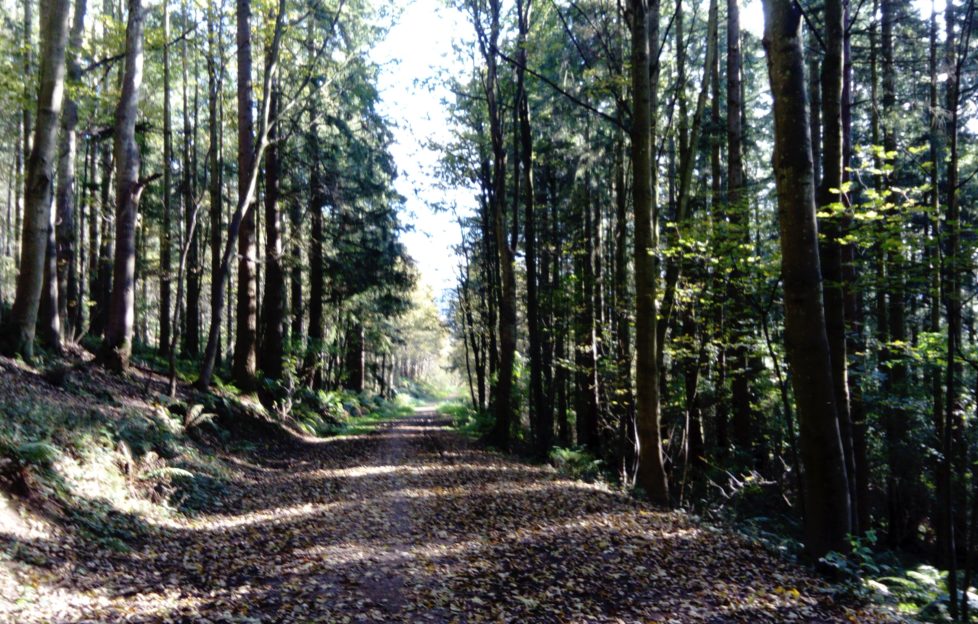
Carbon offsetting has been in the news a lot recently, thanks to increasing awareness of the effects of climate change.
But what is it, and why should we be doing it?
Put simply, carbon offsetting is the process of reducing carbon emissions (or the emission of other greenhouse gases) to compensate for emissions made elsewhere.
You’ll no doubt have read news stories about governments legislating to reduce their nation’s carbon footprint.
Elsewhere, everyone from airlines to professional footballers have pledged to do what they can.
How can we do out part?
There are lots of ways we can help protect the environment.
We can try to recycle more of our waste, for example. We can turn down the heating by a single degree — or even explore the idea of an alternative energy supply like LPG.
Every little helps.
Last year, the UK government announced plans to achieve “Net Zero” status by the year 2050. This means they aim to stop the UK from contributing to the increase of CO2 in the atmosphere.
But public awareness on the ways we can achieve this remains low. In fact, a recent report from the Citizen’s Advice Bureau found that just 38 per cent of us are aware we’ll need to change the way our home is heated if we’re to achieve this goal.
The logic behind carbon offsetting
The importance of Carbon Offsetting lies in the fact that it allows people to compensate for the emissions they cannot avoid producing.
People compensate their emissions by funding projects that provide sustainable development in communities around the world.
These projects offer an equivalent reduction in emissions to those you create — either counteracting or absorbing carbon dioxide and bringing balance to the environment.
They can change lives, by bringing economic, social and health improvements to whole communities.
Beneficiaries
From supplying hydroelectric power to the local grid in rural China to the provision of eco-friendly cooking equipment to houses in West Africa, the beneficiaries of carbon offsetting are vast.
One example is the Kariba REDD+ Forest Protection project in Zimbabwe, Africa.
Since its launch in 2011, it’s avoided more than 18 million tonnes of carbon dioxide from being released into the atmosphere, and has prevented deforestation in an area of nearly 750,000 hectares.
As previously mentioned, we all have a part to play.
LPG price is worth investigating. Recycling is easy.
And supporting initiatives such as carbon offsetting can help secure a carbon neutral, environmentally friendly future.
For more from the “Friend” team, read out blog here.




